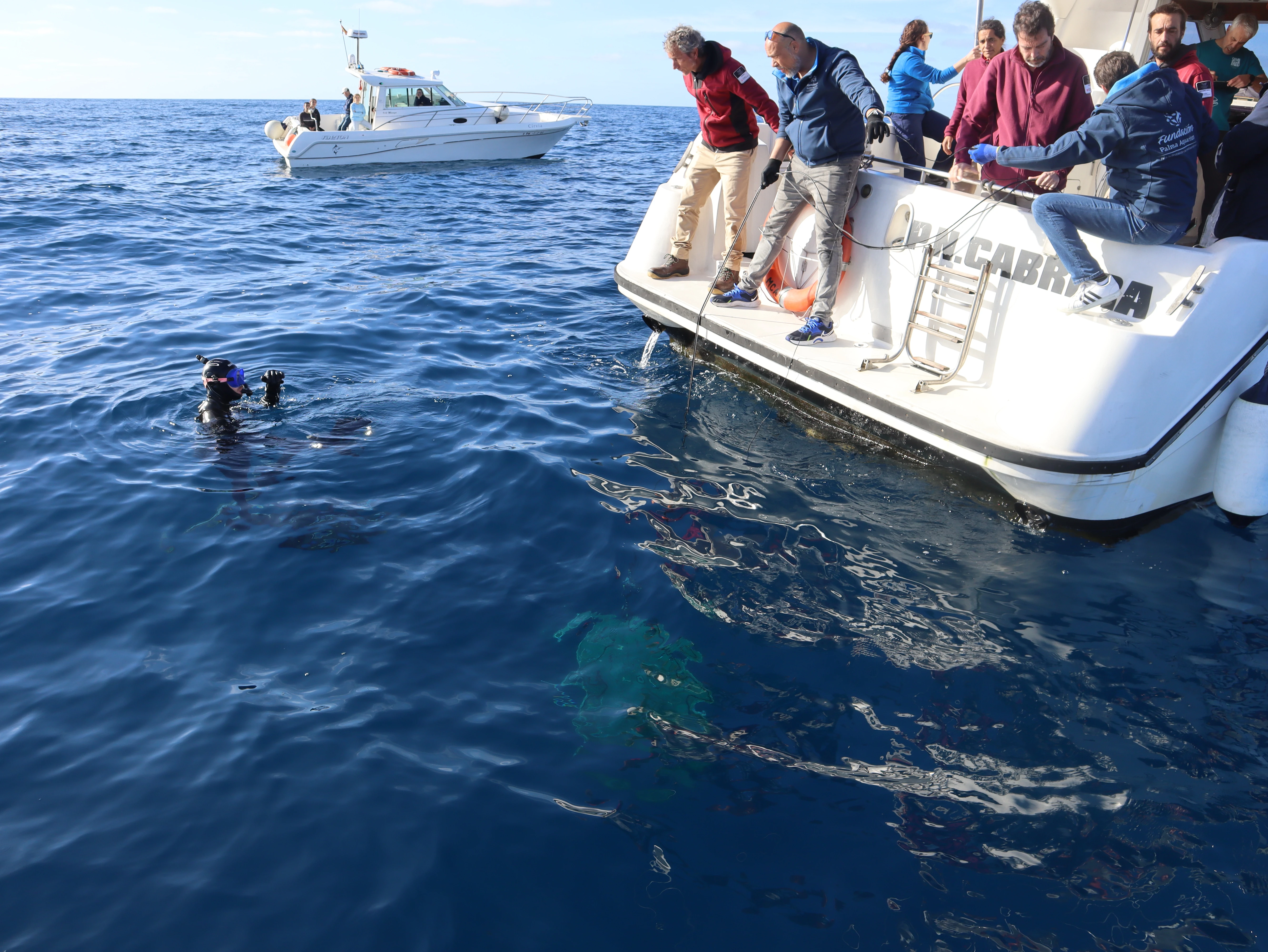
-
Plan your visit
Plan your visit
-
Habitats and animals
Habitats and animals
-
Experiences
What to do?
- Events
-
Education
Education
- Foundation
- About us
- Blog

